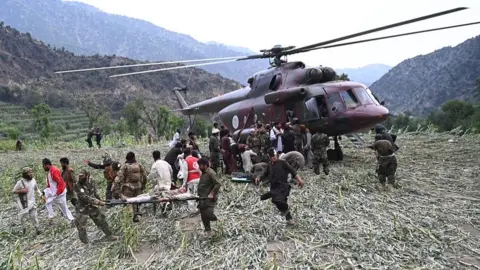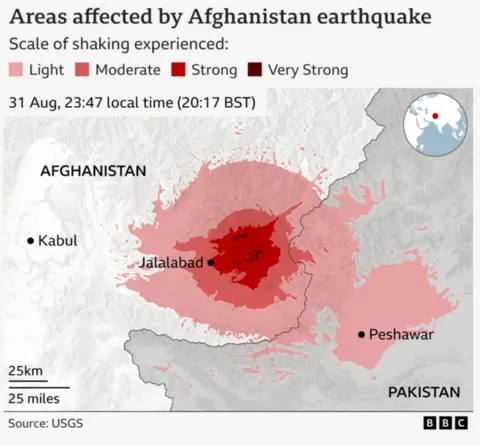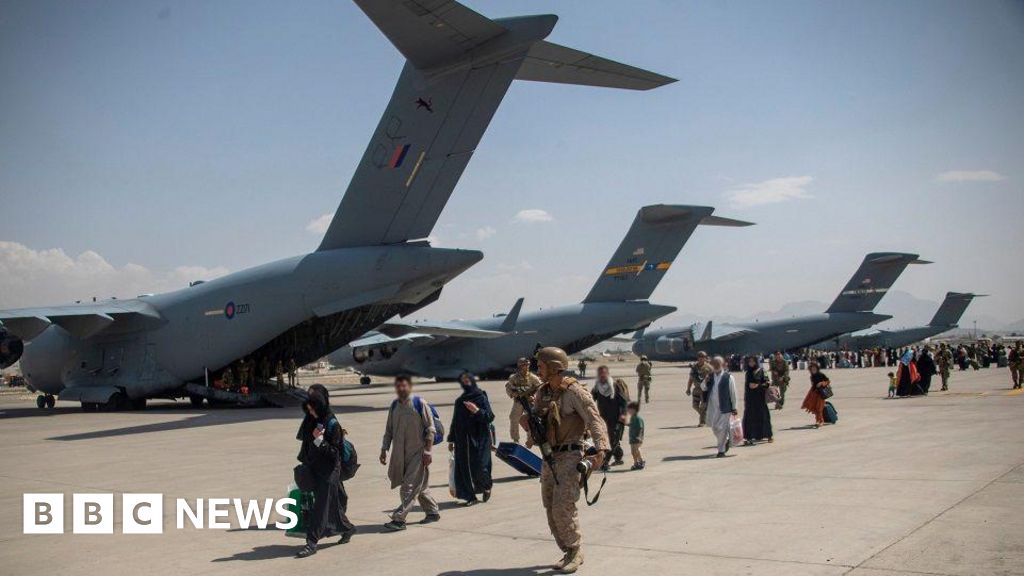In a significant lapse of security, more than 100 British officials, including members of the elite special forces and intelligence agency MI6, have had their identities compromised in a data breach that exposed the sensitive information of thousands of Afghans at risk of Taliban retribution. The revelation comes after a High Court judge partially lifted an injunction, allowing the media to report on this alarming incident.
Reports indicate that nearly 19,000 Afghans who supported British efforts during the 20-year war have also had their personal data inadvertently leaked. Many of these individuals are considered to be in grave danger, with the Taliban actively seeking revenge against those who collaborated with British forces. The breach was initially protected by a "super-injunction," a legal order that concealed its very existence until recently.
The Ministry of Defence (MoD) has not provided details on the specific actions of individuals involved in the leak, but it has emphasized the importance of rigorous security checks for anyone entering the UK under Afghan relocation schemes. The breach led to the establishment of the Afghanistan Response Route (ARR), which facilitates the resettlement of those affected. So far, approximately 4,500 Afghans and their families have relocated to the UK, with an additional 2,400 expected, at a projected cost of £850 million.
The data leak stemmed from a clerical error, wherein an individual at the UK Special Forces headquarters mistakenly emailed over 30,000 resettlement applications to someone outside the government, thinking they were sending data on just 150 people. Following the lifting of the super-injunction, additional injunctions restricting disclosures related to special forces personnel were also removed, allowing the media to investigate further.
Defence Secretary John Healey called the breach a "serious departmental error," acknowledging it as just one instance of numerous data losses tied to Afghanistan's relocation schemes. The former Conservative government's shadow defence spokesperson, James Cartlidge, issued an apology for the errors made during their tenure.
Despite the Taliban's assertions that they have not targeted the Afghans whose names were disclosed, family members of those named in the leak have conveyed deep concerns over their relatives' safety in Afghanistan, suggesting intensified searches by the Taliban in light of the data breach. An MoD spokesperson reiterated the ongoing commitment to safeguarding the identities and security of special operations personnel and underscored the protocols in place to protect sensitive information.



















